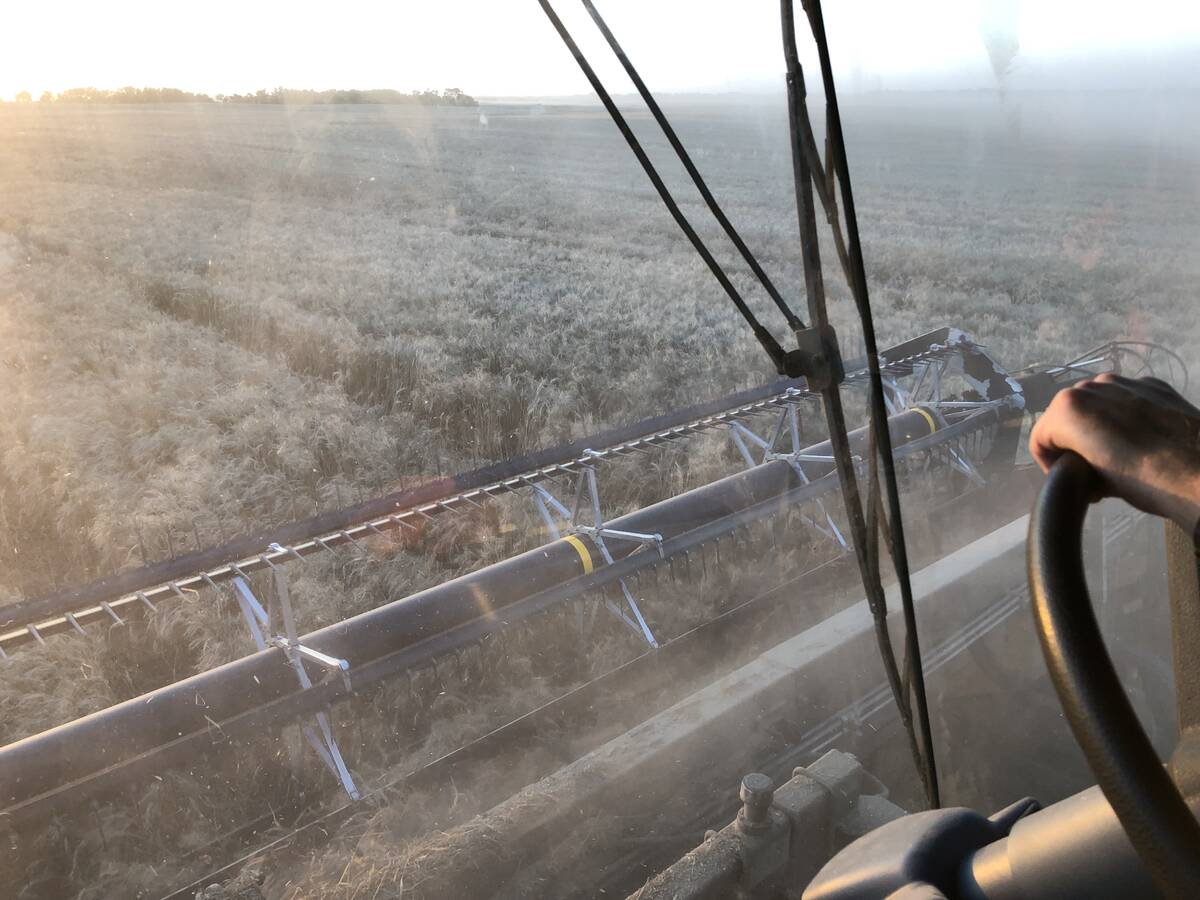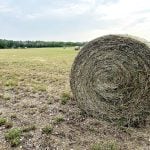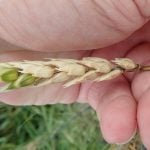Alberta canola growers trying to ward off clubroot could have a resistant canola hybrid by as early as spring 2010, pending regulators’ approval.
Monsanto Canada on Friday announced its plans to introduce a new clubroot-resistant hybrid for seeding this spring, as part of its DeKalb 73-series line of hybrids.
Clubroot, a soil-borne disease impacting canola, has become an increasing concern for Alberta canola growers since it arrived in 2003 on a canola field in the Edmonton area.
“Alberta growers made sure we knew it was a serious economic threat to their business,” Chunren Wu, line development and breeding support lead with Monsanto’s canola breeding team, said in a release Friday.
Read Also

Mail strike disrupts grain sample delivery
The Canadian Grain Commission has asked farmers to consider delivering harvest samples directly to CGC offices, services centres or approved drop offs as Canada Post strike delays mail.
“Using Monsanto’s global resources, we were able to secure resistant material and then integrate that material into our existing, elite germplasm. We are very pleased our breeding efforts have produced results much sooner than we had initially anticipated.”
Monsanto acknowledged there’s a “process in place in Western Canada to review and approve quality canola hybrids” and said the company would work within that system to make its hybrid available to growers next spring.
“We believe the presence of clubroot on Alberta farms is an ongoing emergency situation for growers and they need access to solutions that are widely available from as many seed suppliers as possible,” said Cornie Thiessen, Monsanto’s DeKalb brand business manager for Western Canada.
All that said, Monsanto also noted clubroot-resistant varieties are “just part of the solution” to addressing the issue and preventing the spread of the disease.
Good agronomic practices must be adopted by growers to avoid the spread of clubroot and to “ensure any new solutions that are introduced to the marketplace remain readily available for the foreseeable future,” the company said.
Monsanto offered a list of other stewardship recommendations for growers including:
- extending rotations between canola crops to four or more years;
- ensuring proper cleaning of equipment to restrict movement of soil-borne pathogens;
- using direct seeding and other soil conservation practices to reduce erosion;
- scouting fields regularly;
- avoiding the use of straw, hay or green feed, silage or manure from infested or suspicious areas; and
- avoiding the use of “common, untreated seed,” including canola, cereals and pulses.












